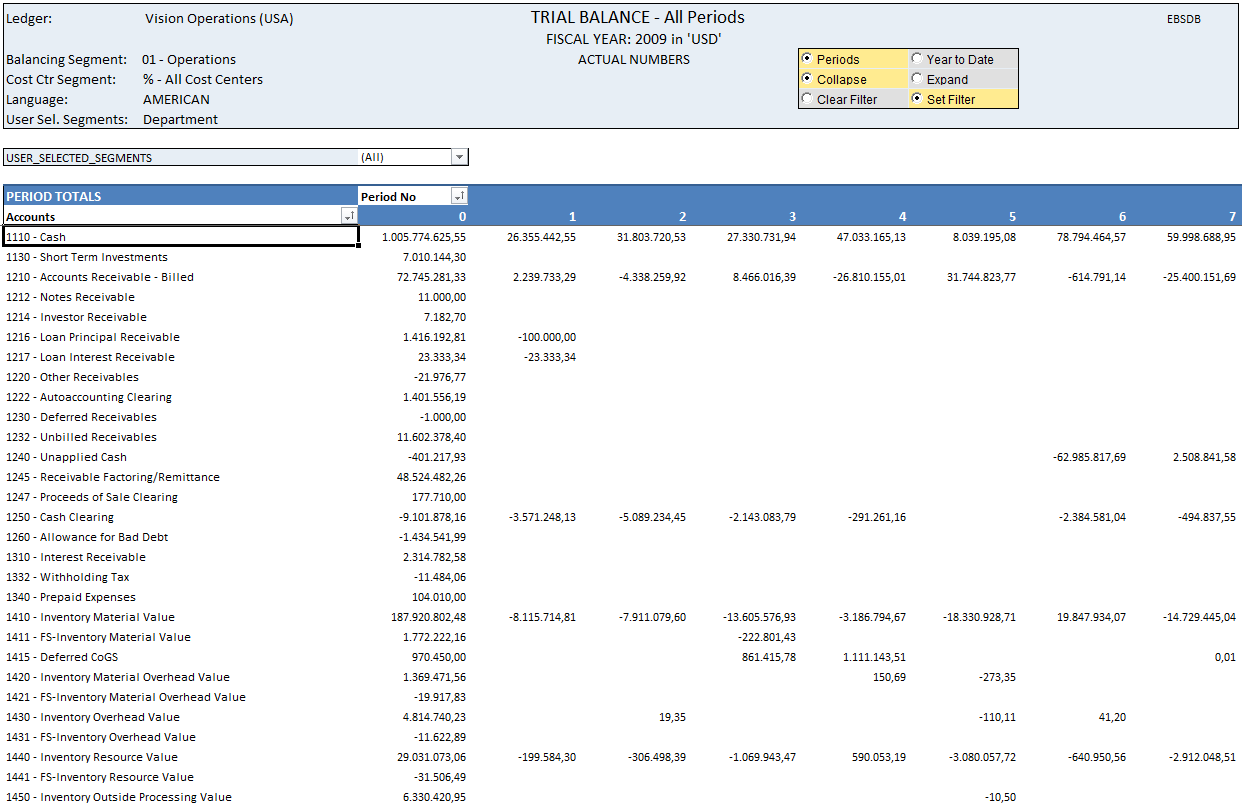Xero vs Quickbooks: Best Pick for Small Business 2024
Investing time to familiarize users with Xero’s features and functionalities can accelerate the learning curve, ensuring the platform is leveraged to its full potential. Xero’s commitment to user-friendliness and extensive accounting and finance management functionality are undeniable. However, some aspects can hamper the software adoption or even make businesses look for an alternative. Traditionally, reconciling bank statements with internal financial records was laborious, demanding attention to detail and consuming valuable hours. The platform utilizes advanced algorithms to seamlessly match transactions between bank statements and accounting records, ensuring real-time accuracy. Discrepancies are flagged for user attention, minimizing the risk of oversight and errors.
Ensure that the chosen plan aligns seamlessly with your budget while offering the necessary features for your business. Consider whether the pricing model is scalable and flexible to accommodate your business’s changing needs over time. Consider your business’s growth trajectory as a factor in your software selection process. Opt for accounting software that can seamlessly scale alongside your expanding operations.
Why You Can Trust Fit Small Business
For QBO, you pay a monthly subscription rather than an upfront fee, and you get all the patches and software updates from Intuit. In this article, we’ll mostly refer to QuickBooks Online, which is what we think you’ll likely opt for instead of Intuit’s desktop version of QuickBooks. A cloud accounting tool is one of the most powerful contributors to the day-to-day running of a company.
For companies requiring advanced reporting beyond the standard features of Xero vs QuickBooks Online, additional add-ons and integrations are available for both platforms. This will help you manage expenses well by tracking payments, calculating tax deductions and year-end tax, fixing salaries properly, and more. The platform’s reporting suite is among the most powerful we encountered while reviewing accounting software.
Key Features and Benefits
QuickBooks Online takes the lead because it’s generally easier to use than Xero. While Xero is easier to set up, QuickBooks has a more intuitive and customizable dashboard and has time-saving features. For instance, QuickBooks Online allows you to add an inventory item from the invoicing screen, something you can’t do with Xero.
- From the desktop suite, you can set custom rules for categorizing all expenses.
- Has robust reporting tools and report customization options, invoicing for an unlimited amount of clients, inventory tracking in higher tier plans, plus a capable mobile app.
- The features list grows with the monthly subscription cost, and you can bolt-on extra services such as Payroll for a small extra monthly fee.
- Xero is ideal for businesses that keep a team of bookkeepers or accountants in-house.
However, QuickBooks is our winner because you get much more with its two highest-priced tiers than with Xero’s highest-priced tier. You might pay more for QuickBooks, but the platform’s value per dollar justifies its higher costs. BooXkeeping is a nationwide provider of affordable outsourced bookkeeping services to small and medium-sized businesses. QuickBooks’ rich feature set, while being a strength, can also be overwhelming for smaller businesses or those with simple accounting needs. Businesses might want to thoroughly assess their industry-specific requirements and evaluate whether Xero can fully accommodate them. Customization options and third-party integrations can mitigate some of these limitations, but businesses should weigh the trade-offs carefully.
Ease of Use: QuickBooks Online Wins
Both QuickBooks Online and Xero use artificial intelligence (AI) and machine learning to automate workflows to some extent. Businesses can integrate a scalable SaaS third-party AP automation solution to access more advanced automation and global payments capabilities. Both Xero and QuickBooks Online can be used and synced with online payments processing transactions from different online payment processors.

With tools for analyzing trends, users can navigate business performance wisely. QuickBooks Online is like a guide, offering more than just numbers — it provides the strategic insights businesses need to succeed in the ever-changing financial world. QuickBooks Online has a range of product tiers to choose from to meet your business’s bookkeeping needs. The QuickBooks Online base plan starts at $30 per month, and the plan with the most features is $200 per month. Intuit offers prospective users a free 30-day trial and generous discounts on their monthly subscriptions.
Pricing Plans
Xero uses AI and machine learning, including HubDoc, to automate workflows, available in all of its pricing plans. Xero serves two million users worldwide, with leading cloud accounting market share in New Zealand, Australia, and the U.K. Yes, you can use Xero to track inventory, and the feature is available in all plans. One reviewer mentioned emergency cash reserves that a critical feature missing in Xero is the inability to export expense receipts and attach them to invoices. This feature is available in QuickBooks Online, and it even allows you to create a digital transaction using the uploaded receipt. Moreover, another likes that Xero has a batch-delete feature, unlike QuickBooks Online.

